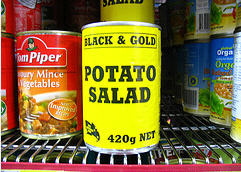By Christian Newswire staff
The Federal Emergency Management Agency (FEMA) is encouraging everyone to make emergency preparedness one of their New Year’s resolutions.
FEMA will promote Resolve to be Ready in 2012, a nationwide effort to urge individuals, families, businesses and communities to focus on being ready and aware of all the hazards that exist in their communities.
Thomas Horn, CEO of www.SurvivorMall.com supports FEMA’s national readiness effort.

Horn, a semi-retired minister considers himself a reasonable man with a well-balanced outlook on the future, but since September 11, 2001, Horn has been stockpiling emergency supplies and encouraging others to do the same.
“Since 9-11 it has become increasingly clear that it is dangerous and even naive to expect government agencies to swoop in to save everybody in the event of a major emergency,” Horn explained. “Now we are hearing from federal authorities that it is only a matter of time – when, not if – a catastrophic event could make 9-11 pale by comparison. Experts have placed even-odds on a terrorist attack using a weapon of mass destruction (WMD) inside the United States within the next five years.”
Horn, a veteran minister of 30 years is part of a growing trend where regular people – doctors, mechanics, laborers, receptionists and others – are preparing to survive should a natural or man-made disaster strike.
Theirs is not an extremist community hole up in underground shelters teaching bizarre or cultic ideas.
These “preppers” (as they are called) are regular folks that saw what happened on 9-11, experienced their 401(k)s falling apart as the economy soured, witnessed the aftermath of Hurricane Katrina and Fukushima and decided to take the future into their own hands.
“These are average people holding down regular jobs who understand the world is not the idealistic place they might have once thought,” Horn said. “The proliferation of weapons technology in the hands of terrorists and recent unusual weather patterns have made them aware how things can suddenly go wrong. They are preparing to survive whatever may come.”
Avoiding the run on supplies
Joe, 33, manages an emergency preparedness store and recalls what happened following the series of equipment failures and releases of radioactive materials at the Fukushima Nuclear Power Plant, following an earthquake and tsunami on 11 March 2011, when nations were gripped with panic and survival merchandise suppliers were inundated with orders of Potassium Iodide and radiation detectors, running out of stock in one week.
“It was a nightmare getting services and products,” Joe said. “The number-one supplier of Potassium Iodide was receiving tens of thousands of orders per day and within one week was back-ordered for over four months. The same thing happened following 9/11. At the radiological laboratory where we get Potassium Iodide Tablets (Potassium Iodide shields the thyroid from radiation damage in the case of nuclear contamination), the U.S. military flew in and purchased every tablet they had in stock – millions of pills – leaving the public without a supplier for some time.”
Joe explains how the lessons of 9-11 led the private investors he works for to form the wholesale emergency supplies outlet SurvivorMall.com in order to amass in a single-source platform what the public needs to stock up on before another crises occurs.
Business has been booming for such companies lately, with long-term storage food producers and survival gear manufacturers shipping product as fast as they can make them, testament to the result of a growing body of people agreeing on the need to prepare before something happens and stores sell out again.
“Our business has doubled each year for the last three years,” Joe acknowledges. “Especially our long-term storage freeze-dried foods. Next to that, our commercial gas masks and hand-crank devices like NOAA radios have been flying off the shelves.”
Making plans to survive
Allie Anderson is one of 20 authors who contributed to the survival book How To Overcome The Most Frightening Issues You Will Face This Century. She explains how the “prepper” movement and economic downturn led her and her husband to pack up, leave the West Coast, and purchase land in the Midwest where a stream provides a natural water supply, which they can use for drinking and bathing in a crises, and to grow food for themselves and their children.
During a recent power outage that lasted three days, the Andersons practiced their off-grid plan, drawing water from the spring and boiling it over an open fire (which they were able to do as a result of having a one-year supply of firewood for just such an emergency). They carried containers of water into the house to use for baths and laundry, and ate vegetables and wild herbs they harvested from their gardens. Their son, 16, and their daughter, 11 worked right alongside them.
“We have about a one-year supply of necessities and can barter with neighbors for other items such as milk, eggs and meat if we need to,” Anderson said. “We also have a large pantry with bulk flour and dry meals, at least a one-year supply at a time. I hope we never have to use them as a result of an emergency, but we are ready to do that if the day ever comes. We never want to be put in the position of having to beg for food or basics.”
Church leaders advocate preparedness
Being prepared to survive under a variety of scenarios including a layoff, severe weather, global pandemic or terrorist attack is just common sense say Church leaders.
Some preppers foresee a time they call TEOTWAWKI, an acronym that means “the end of the world as we know it.”
“It is wise council when preachers advocate disaster readiness to their flock,” said Thomas Horn. “The Book of James measures faith by personal action, and Hebrews 11:7 describes true faith this way: ‘By faith Noah, being warned of God of things not seen as yet, moved with fear and prepared an ark to the saving of his house.’
“God told Noah that He would destroy the earth by a flood. He gave Noah instructions on how to be prepared so that he and his family could survive. Noah didn’t know when the flood would come, only that it was prophesied, and he prepared for it. When the Flood arrived, he was ready. His faith in and obedience to God’s word, his survival instincts, and ultimately his preparedness actions saved his family and preserved the human race.”
Horn believes the parallel between Noah and today is worth noting. “As it was in the days of Noah,” he cites Luke 17:26-27 concerning the last days. “Noah’s actions should define the modern believer’s responsibility, including the need for spiritual and physical preparedness.”
Copyright © Acts News Network, 2011.

